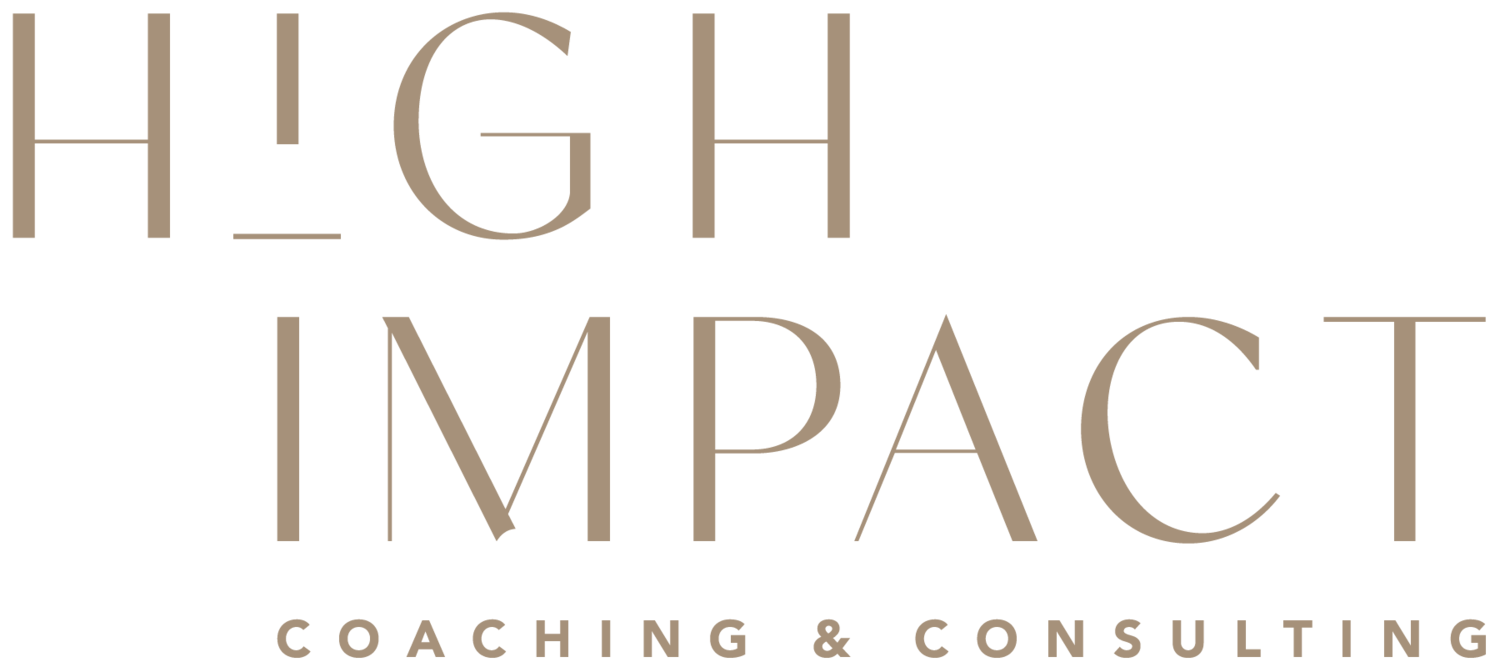Four Ways To Stop Letting Assumptions Drive Your Decision Making
Have you ever stared at an email that ended in an ellipsis and wondered if the person who sent it was mad at you? Or felt anger toward the person who is perpetually late to meetings because it’s become clear to you that they are irresponsible? We all spend needless amounts of time making assumptions that inform our beliefs and actions.
But making assumptions is dangerous, particularly in business, because when we act based on assumptions, we often forge down a path that may not be the right one. There are often negative consequences when we begin to climb the ladder of inference and let our assumptions guide our business decisions and communication. Here are four ways to stop letting assumptions drive your decision-making.
1| Understand beliefs and biases.
It is critical to know what you value and believe and how this might create bias. As much as we hate to admit it, we all have biases that are informed because of our beliefs.These biases can lead to how we formulate assumptions and act on them. Recall that person who is always late for the staff meeting? If punctuality is one of your core values, you may begin to assume that they do not respect you because they are continually late, when in reality, they need to drop their kids off at school before coming to work.
If you know yourself and your beliefs, you can carefully reflect on your communication before you begin to make assumptions. So instead of being defensive toward a co-worker who you feel is disrespectful, you’ll be able to have a productive conversation in which you arrange a new meeting time that begins well after school drop off.
2| Get the facts.
We begin to make assumptions when we don’t have all the information we need to make an informed decision. Instead of jumping to conclusions to fill gaps in your understanding, ask questions to gain all the information you need to make decisions and communicate without making any assumptions. Don’t act until you have all of the facts, and you will find your actions are more impactful.
In the example above your questions may include What is preventing you from being on time for the meeting? What time does school start? How long do you need to drive to the office from your childrens’ school? These simple questions will give you all the information you need to develop a solution to the problem.
3| Seek other perspectives.
It’s human nature to want to be right and this need often informs our decisions and fuels our assumptions. Instead of forging ahead with this desire to be correct, seek out others’ perspectives and see if they mirror your own. Be mindful to seek out views that sometimes differ from yours so that you know the thinking is actually reflexive.
In the email example, let others read and determine if they think the ellipsis is a passive aggressive dig at you, or simply a punctuation mark. Seeing other perspectives may save you a lot of time and stress.
4| Assume positive intent.
I know; we said not to make assumptions. But it’s crucial when you encounter communication that makes you uncomfortable to assume positive intent. We automatically go to a dark place when making assumptions about someone’s words or actions. Try hard to think positively instead of negatively, and you may find it will change the way you communicate.
If you are ready to stop the creep of assumptions that derail your team and organizational communication, reach out to High Impact today.

